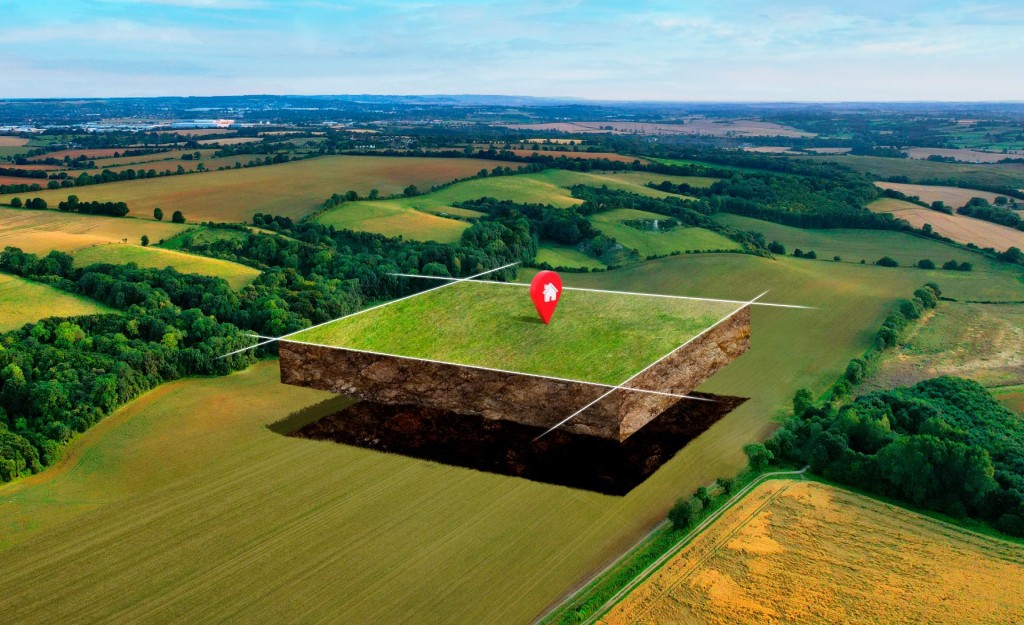
Land banking, a widespread practice in Abuja, involves acquiring and holding land for future development or sale. While often criticized for its perceived negative impacts, land banking can be a valuable tool for sustainable development when approached strategically. In this article, we will explore the advantages of land banking in Abuja and how it can be leveraged to drive growth, innovation, and community prosperity.
Advantages of Land Banking in Abuja
- Strategic Development: Land banking enables the aggregation of land parcels, facilitating large-scale development projects that can transform urban landscapes.
- Investment Opportunities: Land banking provides a lucrative investment avenue, attracting domestic and foreign investors to Abuja's real estate market.
-
Infrastructure Development: By holding land for future development, land bankers can ensure that infrastructure projects are integrated into development plans, enhancing the city's c
onnectivity and livability.
- Affordable Housing: Land banking can facilitate the development of affordable housing projects, addressing the city's housing shortage and promoting social inclusion.
- Urban Renewal: Land banking can catalyze urban renewal initiatives, revitalizing underutilized or neglected areas and enhancing Abuja's aesthetic appeal.
- Economic Growth: Land banking can stimulate economic growth by attracting businesses, creating jobs, and increasing tax revenues.
This brings me to a story about a friend and client of mine, Mr Uche. Mr Uche, a serial investor, had always been fascinated by the potential of Abuja's real estate market. In the 1990s and early 2000s, he stumbled upon the concept of land banking – buying and holding land for future development or sale. Intrigued, he decided to take the plunge. Mr. Uche purchased properties of land in the then-emerging area of Kubwa, Lokogoma, Gwarimpa, Guzape and Jahi. At the time, many thought him foolish for investing in a "bush" area. But Mr Uche saw the potential for growth. Years passed, and Abuja's expansion continued. The government announced plans to develop infrastructure projects, including roads and housing estates, in the area he had invested in. Land prices began to rise, and Mr Uche's plot became increasingly valuable. Encouraged by his success, Mr Uche continued to acquire more land, always looking for areas with potential for growth. He bought in Karu, Lugbe, Maitama 2, Idu, Apo and even in the outskirts of Abuja, in areas like Kwali and gwagwalada. As the years went by, Emmanuel's land portfolio grew, and so did its value. He sold some plots, making substantial profits, and used the funds to invest in more land. His friends and family began to take notice of his success and sought his advice. "Buy land and bush as you all call it, my friends!" Mr Uche would say. "Abuja is growing, and the demand for land will only increase. Don't wait until it's too late!" Mr Uche's enthusiasm was infectious. He encouraged others to invest in land banking, sharing his knowledge and expertise. Many took his advice, and soon, they too were reaping the rewards.
Today, Mr. Uche is a respected figure in Abuja's real estate circle, known for his foresight and savvy investments. His story serves as a testament to the potential of land banking in Abuja. "If I can do it, you can too," he says, smiling. "Don't be afraid to take the leap. Invest in land, and watch your wealth grow."
In Conclusion
Land banking in Abuja can be a powerful tool for sustainable development when approached thoughtfully. By capitalizing on its advantages and adopting best practices, we can unlock the full potential of land banking to drive growth, innovation, and community prosperity. As Abuja continues to evolve, embracing strategic land banking can help shape a brighter future for generations to come.